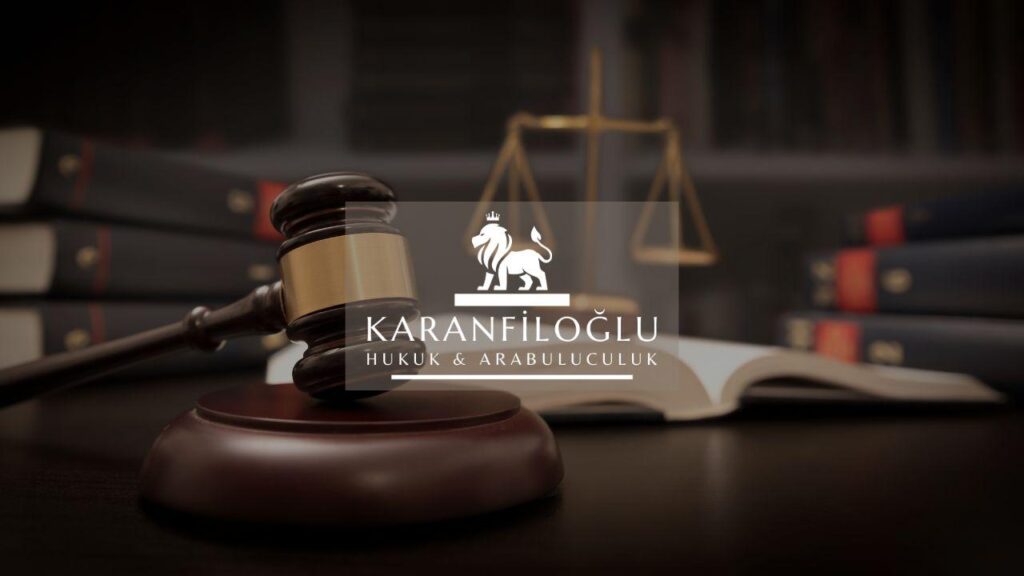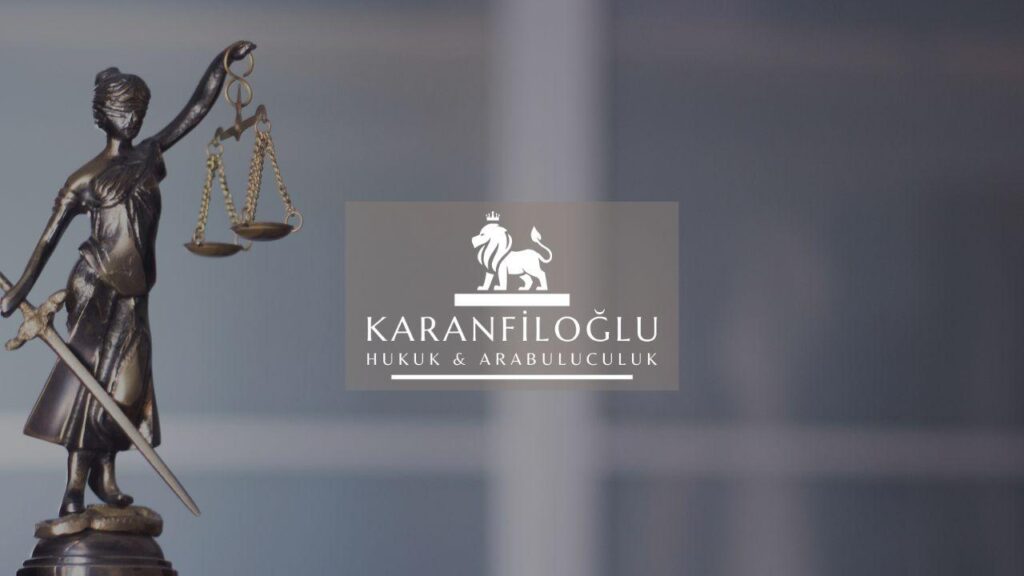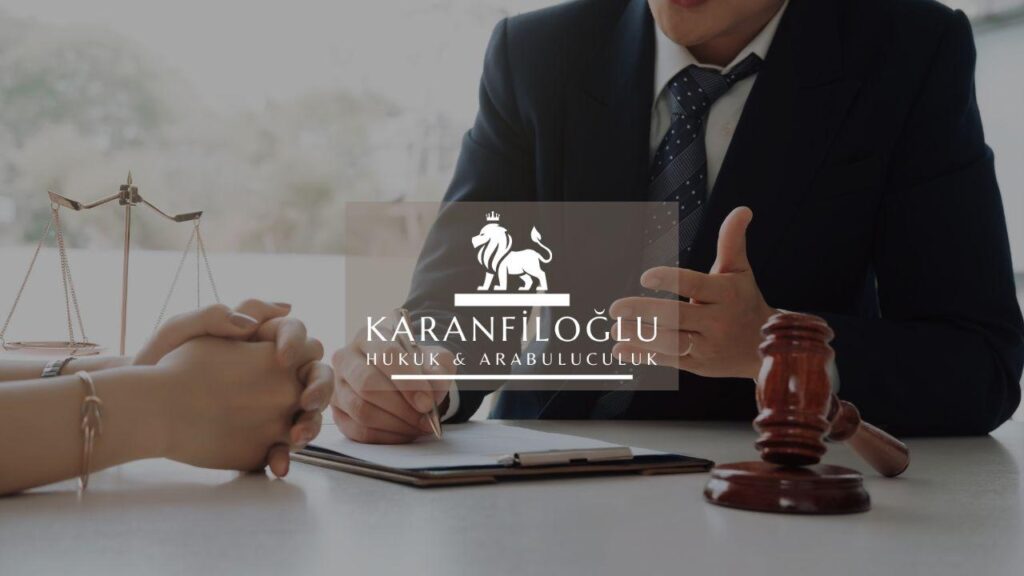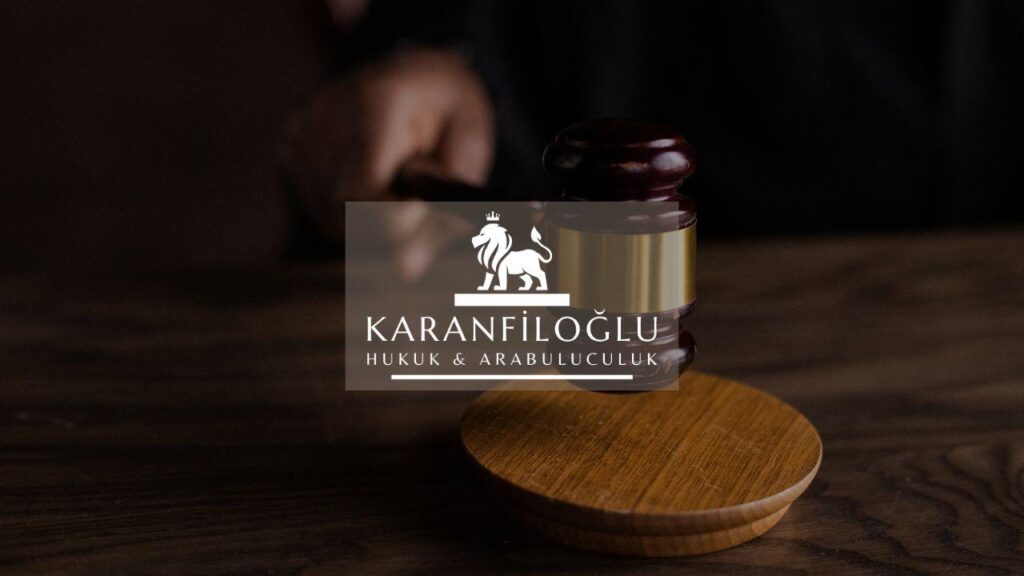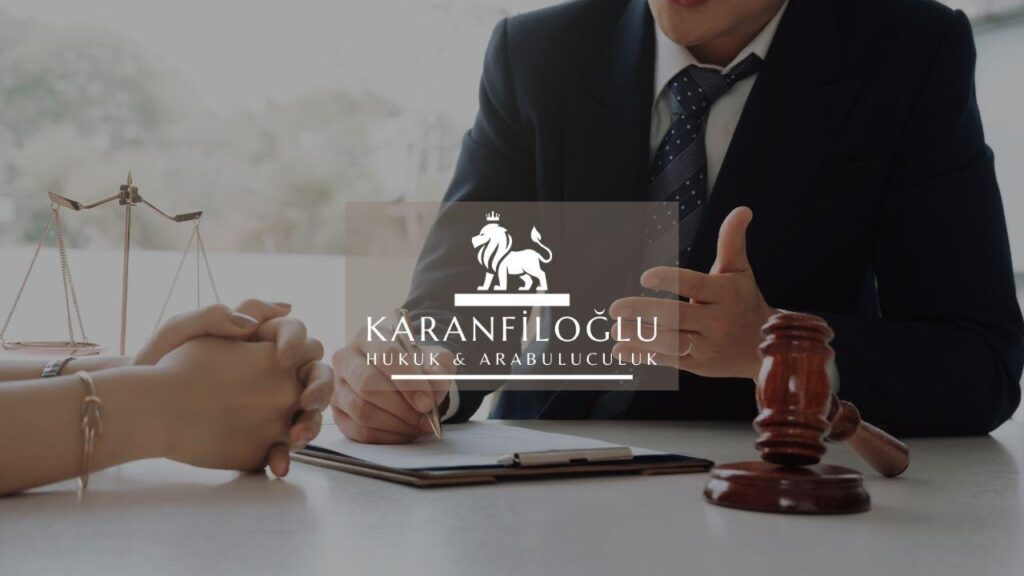In the dynamic world of commercial transactions, disputes can arise and disrupt business operations, leading to significant losses and protracted litigation. Recognizing the need for efficient and cost-effective dispute resolution mechanisms, the Turkish legal system has embraced mediation in commercial law as a viable alternative. At Karanfiloglu Law Office, we understand the complexities and challenges faced by businesses in resolving conflicts and achieving amicable solutions. Mediation not only provides a confidential and collaborative environment but also emphasizes mutual agreement, which can preserve business relationships and foster a spirit of cooperation. Our team of experienced lawyers is dedicated to guiding you through the mediation process, ensuring your interests are safeguarded, and helping you reach a beneficial resolution. Whether you’re involved in contractual disputes, partnership disagreements, or any commercial conflict, our expertise in mediation offers a strategic advantage in resolving issues effectively.
Benefits and Efficacy of Mediation in Commercial Disputes
Mediation in commercial disputes offers numerous benefits that make it an attractive option for businesses seeking to resolve conflicts efficiently. One of the primary advantages is the preservation of business relationships, as mediation encourages open communication and collaborative problem-solving, thereby preventing the adversarial atmosphere often associated with litigation. Moreover, mediation is typically faster and more cost-effective than court proceedings, reducing the financial burden and time investment for all parties involved. Another key benefit is the confidentiality of the mediation process, which helps protect sensitive business information and reputations. By facilitating mutually agreeable solutions, mediation not only addresses the immediate conflict but also lays the groundwork for future cooperation between the disputing parties.
In addition to these advantages, mediation allows for greater flexibility in finding solutions tailored to the specific needs and interests of the parties involved. Unlike court judgments, which are constrained by legal precedents and procedural formalities, mediation enables participants to explore creative and innovative resolutions that might not be possible through litigation. This flexibility can be particularly beneficial in commercial disputes, where business realities and market conditions often require adaptable and forward-thinking approaches. Furthermore, the voluntary nature of mediation means that parties retain more control over the outcome, reducing the uncertainty and unpredictability associated with judicial decisions. Ultimately, this empowerment and autonomy can lead to more satisfactory and sustainable outcomes, as parties are more likely to comply with and uphold agreements they have actively shaped and endorsed.
At Karanfiloglu Law Office, we recognize that the success of mediation in commercial disputes hinges on the expertise and commitment of the mediators involved. Our team of skilled lawyers combines in-depth legal knowledge with practical problem-solving skills to facilitate constructive dialogues and foster mutually beneficial outcomes. We tailor our mediation strategies to the unique circumstances of each case, ensuring that solutions are not only legally sound but also aligned with your business objectives. By emphasizing a balanced approach that respects the interests and goals of all parties, we strive to create an environment where trust can be rebuilt and collaboration can thrive. Whether you are facing complex multi-party disputes or simpler contractual disagreements, our experienced team is dedicated to helping you navigate the mediation process with confidence and achieve resolutions that support your long-term business success.
Key Regulations Governing Mediation Processes in Turkey
The Turkish legal framework governing mediation in commercial disputes is primarily shaped by the Law on Mediation in Civil Disputes (Law No. 6325) enacted in 2012, which sets out the fundamental principles and procedures for mediation. This law mandates a structured approach to mediation, emphasizing impartiality, confidentiality, and voluntary participation. Moreover, the Commercial Code and other relevant legislations integrate provisions encouraging the use of mediation before initiating formal litigation. One notable regulation is the mandatory mediation requirement for certain commercial disputes before they can proceed to court, which was introduced in 2018 to alleviate the judicial workload and promote alternative dispute resolution methods. These regulations ensure that mediation is not only an accessible option but also a highly encouraged route in the Turkish legal system for resolving commercial conflicts efficiently and amicably.
In addition to the foundational laws, the Ministry of Justice in Turkey has established comprehensive guidelines to oversee and facilitate mediation processes. These guidelines delineate the roles and responsibilities of mediators, ensuring they possess the required qualifications and adhere to high ethical standards. Mediators must be registered with the Ministry and undergo continuous professional development to maintain their certification. The process begins with a formal mediation request, followed by the selection of a mediator who is neutral and mutually agreed upon by the parties. During mediation sessions, mediators employ various techniques to foster open communication and help parties explore potential solutions. Furthermore, the mediation process is designed to be swift, with specific time limits imposed to prevent unnecessary delays, thereby offering a time-efficient alternative to traditional litigation. This regulated framework empowers businesses to resolve disputes while preserving their professional relationships and focusing on future cooperation.
To further enhance the effectiveness of mediation, the Turkish legal system incorporates provisions that ensure the enforceability of mediation agreements. Once an agreement is reached, it is documented and signed by both parties and the mediator. This settlement agreement can be submitted to a court for approval, giving it the same legal weight as a court judgment. Such enforceability ensures that the parties adhere to the agreed terms and significantly reduces the likelihood of future disputes over the same issue. Additionally, the cost-effectiveness of mediation, often lower than litigation, provides businesses with a financially viable option for resolving disputes. At Karanfiloglu Law Office, we emphasize the importance of understanding these regulations and navigating them proficiently to achieve optimal outcomes. Our expert lawyers are adept at providing strategic advice and representation throughout the mediation process, ensuring compliance with all legal requirements and the successful resolution of commercial disputes.
Steps and Procedures in Commercial Mediation
The mediation process in commercial law begins with the selection of a mediator who is mutually acceptable to all parties involved. Once the mediator is chosen, an initial meeting is scheduled to lay out the ground rules, outline the issues at hand, and establish a timeline for the mediation sessions. During this meeting, confidentiality agreements are often signed to ensure that any information shared remains private. The mediator facilitates open communication between the parties, helping them to identify underlying interests and explore potential solutions. By providing a neutral perspective, the mediator assists in de-escalating tensions and fostering a constructive dialogue aimed at reaching a mutually satisfactory agreement.
After the initial meeting, the mediation sessions commence, where each party presents its viewpoint and underlying concerns. The mediator employs various techniques to promote understanding and encourages the parties to exchange proposals and counter-proposals. In these sessions, the mediator might hold private caucus meetings with each party to explore their positions in greater depth and discuss possible concessions. These confidential discussions allow the parties to communicate more freely and consider creative solutions without the pressure of direct confrontation. As the sessions progress, the mediator’s role is to keep negotiations focused on finding common ground and bridging differences. This structured yet flexible approach in mediation enables the parties to gradually move towards a consensus, while the mediator ensures that the discussions remain productive and focused on resolution.
The final stage of the mediation process involves drafting and formalizing the agreement reached by the parties. Once a compromise is achieved, the mediator helps to articulate the terms clearly and comprehensively. This written agreement is then reviewed by all parties to ensure that it accurately reflects their understanding and commitments. In some cases, the mediator might draft a memorandum of understanding that captures the key points of the agreement before a formal contract is drawn up. This document can then be signed by the parties involved, with legal advisors from each side ensuring that the terms are binding and enforceable under Turkish law. At Karanfiloglu Law Office, we leverage our expertise to oversee this critical phase, ensuring that the agreement not only resolves the immediate dispute but also safeguards our clients’ future interests. Effectively mediating a commercial dispute can save significant time and resources, ultimately fostering a more harmonious business environment and reducing the likelihood of future conflicts.
Disclaimer: This article is for general informational purposes only and you are strongly advised to consult a legal professional to evaluate your personal situation. No liability is accepted that may arise from the use of the information in this article.

